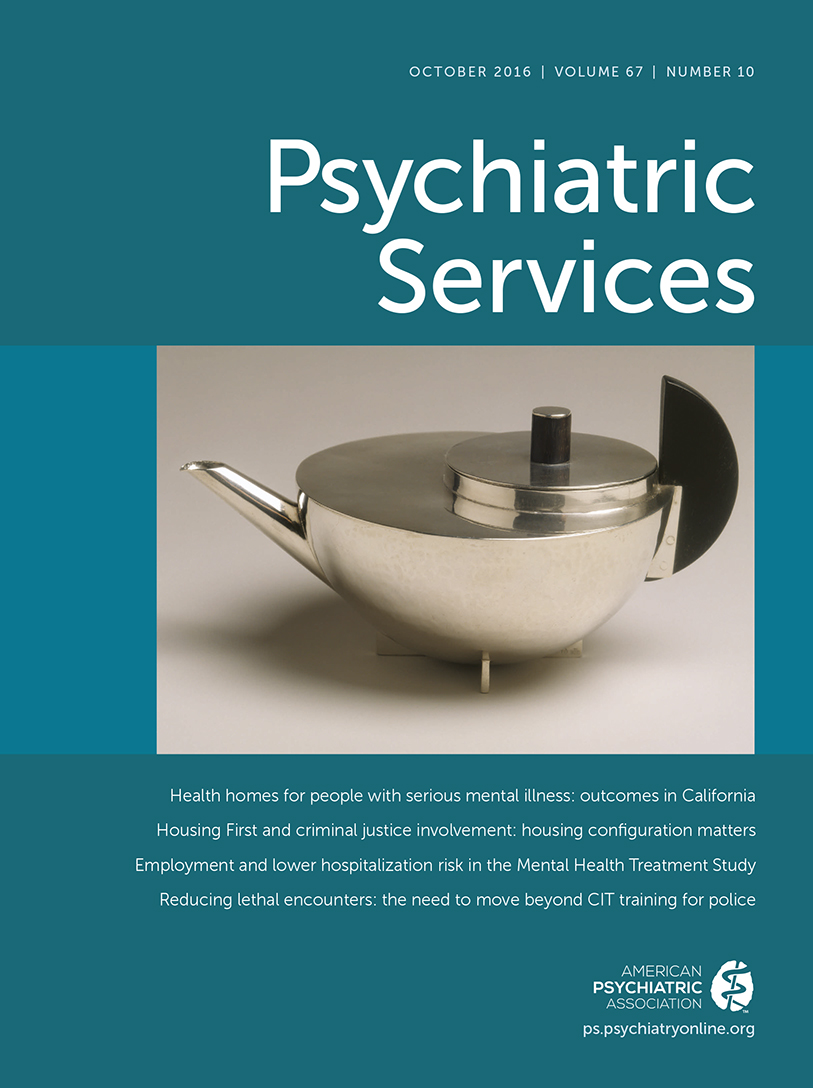Bastards: A Memoir

Bastards is a funny, entertaining, and bittersweet story of longing for human connectedness. It is a young woman’s account of her chaotic life journey to find an identity and her place in the world. Mary King is the second oldest of seven children who were born to a set of parents who were “great at making babies, but not so great at holding on to them.” Along with her older and only brother, Jacob, Mary lives through the birth and subsequent loss of five younger sisters who were all given away by her mother and adopted separately, by four different families. Mary leads a fractured life—one that is marked by sibling disruption and displacement. Mary herself is eventually adopted by her grandfather and his wife, Mimi. Despite a new name and a new family, Mary is haunted by the loss of her mother and another loss in the family. Not until Mary is in college does the first of her long lost sisters get in touch with her. Then, one by one, Mary and her siblings reunite to reform a family. The book concludes with Mary and her sisters preparing to be bridesmaids at their brother’s wedding, and Mary remarks, “It didn’t matter how we had gotten here, what had gone right or wrong in our lives. In that moment, we were a world unto ourselves. We were complete.”
This book describes our universal drive to know where we come from—whether we are part of a stable family unit or live a confusing life like Mary’s, in which she was both a daughter and a sister to her own mother. Bastards puts into perspective the challenges faced by adopted children to create a family out of virtually just their imagination. Although it painfully reminds us of the truth that there “cannot be winners without losers,” it demonstrates the power of hope and attachment. It illustrates the importance of empathy and forgiveness. It defines love as not just an intensely held affection for another person, but as a need—a thing that is required in the course of development.
Bastards is a must read for anyone who has been involved with the process of adoption. For clinicians, it provides a view into the spectrum of emotions that adoption can influence a child to experience, even years after the fact. It is a firsthand illustration of the importance of family.



